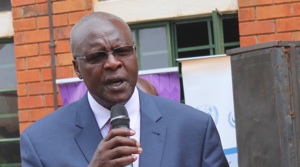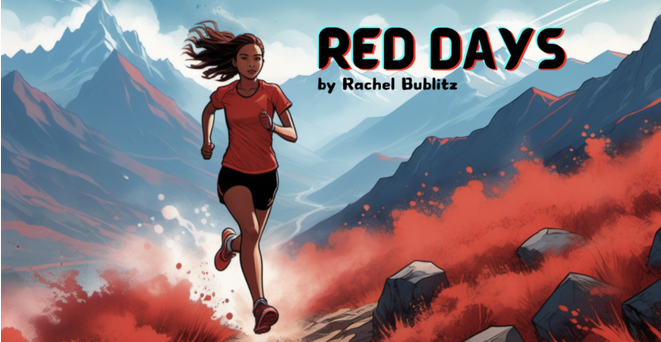Chief Justice, Bart Katureebe, addressing litigants and judiciary stakeholders, in Gulu High Court premise in the background.
“I want a corrupt free Judiciary during my tenure, because corruption is a cancer that is eating away the heart of our country and we must address it as Ugandans.”
“There is evidence of inefficiency, incompetence, and corruption in the judiciary and unethical conduct by members of the bar.”
GULU-UGANDA: Uganda’s Chief Justice, Bart M. Katureebe, has described corruption in Uganda, especially in the Judiciary, as a disease that is eating away the heart of the country and appeals to Ugandans to address it.
“I want a corrupt free Judiciary during my tenure as Chief Justice because corruption is a cancer that is eating away the heart of our country and we must address it as Ugandans”, says the Uganda Judiciary boss.
Mr. Katureebe made this observation on Thursday, 15 June, 2017, during his maiden visit to the resource-rich northern part of Uganda during the “court open day” session held in the Gulu High Court Circuit. This is an annual event which brings together members of the public/litigants and all the stakeholders involved in Justice, Law and Order Sector (JLOS). The meeting is meant to discuss matters affecting the administration of Justice in Uganda, and how to address such matters.
Transparency International reports in 2015 that Uganda’s widespread corruption is highlighted in the country’s poor ranking, 139th out of 167 countries, in the Corruption Perception Barometer. Pernicious effects stretch from sub-standard public services through elections and the judiciary to stunted economic development. The High Court itself was criticized last year for affirming a presidential election supporters of Dr. Kizza Besigye the opposition candidate believe was stolen from him by Gen. Yoweri Museveni.
“There is evidence of inefficiency, incompetence, and corruption in the judiciary and unethical conduct by members of the bar”, retired Supreme Court Judge, Justice George Kanyeihamba, famously declared in 2015.
Black Monday Movement, an anti-corruption coalition of civil societies in Uganda, estimates that the government lost more than 24 trillion Uganda shillings ($6.8 million dollars) to corruption between 2000 and 2014. This is enough to finance Uganda’s 2015/2016 budget. (ActionAid Uganda 2015).
The Chief Justice says he decided to come to Gulu to listen and learn the troubles affecting the judiciary in this neglected part of the country in order to fast tract solutions to such problems.
“I have come here this time as Chief Justice to listen and learn about the troubles affecting the judiciary in the troubled Acholi sub-region so that together, we can fast tract solutions to such problems. I want to find out why, Acholi sub-region with a troubled history in the country have attracted the largest crowd I have ever seen on a one open court session”, says Justice Katureebe.
Mr. Walter Okidi-Ladwar, one of the practicing advocates in the region, reported that 90% of the youth growing up in Acholi sub-region were born in concentration camps, so called Internally Displaced Persons -(IDP) camps or in captivity; many are victims of sexual abuse.
“They have been prepared for crime right from birth. They are becoming full-time criminals. Our systems seem to be destroying them instead. It is a passionate problem in the region which is on the door steps of the judiciary to solve. There is urgent need for a rehabilitation center in Gulu”, says lawyer Ladwar.
According to the Resident District Commissioner (RDC) of Gulu, Mr. Santos Okot-Lapolo, there are “corridor magistrates” who are causing damage to the image of the judiciary because they get bribes from clients and litigants.
“You should strengthen security of the facilities around your courts. They are responsible for re-cycling of criminals by the courts and interfere with investigations and the emergence of mob-justice by frustrated members of society”, says Mr. Okot-Lapolo.
Mr. Lapolo reported that 90% of all cases in the Gulu High Court circuit are related to land disputes and that there is a land case which has taken 18 years and to date it has not yet been resolved.
Mr. Katureebe, 67, has been a State Attorney for eight years, private practice for ten years, in parliament thirteen years and as Minister of Justice and Attorney General for five years. He appealed to parliament to increase the budget for the judiciary so that his ministry could recruit more staff.












